In praise of California's new assisted-suicide law
Gov. Jerry Brown was right to sign into law a bill that will ease the suffering of the terminally ill


A free daily email with the biggest news stories of the day – and the best features from TheWeek.com
You are now subscribed
Your newsletter sign-up was successful
On Monday, California became the fifth state in the country to permit physician-assisted suicide. Forgive me for failing to feel much if any dread or concern about this development. Not only does the End of Life Option Act strike me as a good and moral law, but I have a hard time grasping why anyone would be especially concerned about it.
Regular readers might be surprised to find me taking such an unambiguous position. I strive to be fair to both sides in the culture war. I support same-sex marriage but also strongly defend the religious freedom of those who dissent from it. I'm pro-choice but believe a woman's right to terminate a pregnancy must be balanced against the fetus' right to life as it approaches viability, with 20 weeks serving as a sensible place to restrict the procedure (provided exemptions are made for the life of the mother and other very rare medical circumstances).
But assisted suicide? That's comparatively easy. When someone has been diagnosed with a terminal illness and is suffering from intense pain, and when a psychologist has verified that the patient is of sound mind, I see nothing morally wrong with the decision to die. Or with asking a physician for help in dying (provided the physician is free to refuse to provide it). The End of Life Option Act, modeled on Oregon's assisted-suicide law, meets all of these requirements.
The Week
Escape your echo chamber. Get the facts behind the news, plus analysis from multiple perspectives.

Sign up for The Week's Free Newsletters
From our morning news briefing to a weekly Good News Newsletter, get the best of The Week delivered directly to your inbox.
From our morning news briefing to a weekly Good News Newsletter, get the best of The Week delivered directly to your inbox.
The big objections come mainly from two camps: the Catholic Church and disability-rights activists.
The Catholic argument against assisted suicide is simple and consistent: Deliberately acting to end a life is always wrong. Suicide is an act of deliberately ending a life. Therefore suicide is always wrong, regardless of the circumstances or the suffering with which a terminally ill patient is struggling.
If you accept the premise, then the conclusion makes perfect, irrefutable sense. But I don't accept the premise.
I'm not sure what I would do if I were dying and in prolonged intense pain with no hope for relief. But I certainly wouldn't consider the decision to end my own life in such circumstances an affront against the moral order of things. I simply don't believe that either God or the universe would object to me choosing to end my life in order to escape purely hopeless suffering. Indeed, the mere presence of the option of escape might make enduring that suffering more bearable. In this, I agree wholeheartedly with California Gov. Jerry Brown, whose thoughtful signing message admits that he decided to support the bill, in part, after reflecting on the comfort he would take in such a situation from knowing that he had the option to put an end to his pain.
A free daily email with the biggest news stories of the day – and the best features from TheWeek.com
The arguments raised by disability-rights activists are more powerful, since they're based less on appeals to absolute (and unconvincing) moral strictures than on the law's potential to lead to bad consequences and abuse. One of those consequences is a kind of soft eugenics in which the terminally ill are subtly pressured to do the "selfless" thing of ending their lives to save their loved ones from the financial and emotional burdens of caring for them. One could also imagine a future attempt to expand the law to include not just terminally ill and suffering patients, but also people with chronic and debilitating but not fatal or excruciating illnesses. Finally, there's the possibility of the law being changed so that it permits not just the patient but also family members or friends to request the lethal dosage. That, too, could lead to the exertion of pressure on a patient to end his or her life.
These are legitimate concerns that should be taken seriously, especially in light of a recent disturbing New Yorker article about how Belgium allows euthanasia for people suffering from depression. But the California law is written to avoid being applied in anything like the ways feared by most disability activists. So yes, let's beware future amendments to the law that could lead to abuse. But that's no reason to oppose its current, limited, and responsible form. (One doesn't normally oppose a law based on the ways it might one day be changed, revised, or amended.)
California's End of Life Option Act will merely grant a modicum of mercy to those suffering through prolonged and painful deaths. What could possibly be the problem with that?
Damon Linker is a senior correspondent at TheWeek.com. He is also a former contributing editor at The New Republic and the author of The Theocons and The Religious Test.
-
 Hotel Sacher Wien: Vienna’s grandest hotel is fit for royalty
Hotel Sacher Wien: Vienna’s grandest hotel is fit for royaltyThe Week Recommends The five-star birthplace of the famous Sachertorte chocolate cake is celebrating its 150th anniversary
-
 Where to begin with Portuguese wines
Where to begin with Portuguese winesThe Week Recommends Indulge in some delicious blends to celebrate the end of Dry January
-
 Climate change has reduced US salaries
Climate change has reduced US salariesUnder the radar Elevated temperatures are capable of affecting the entire economy
-
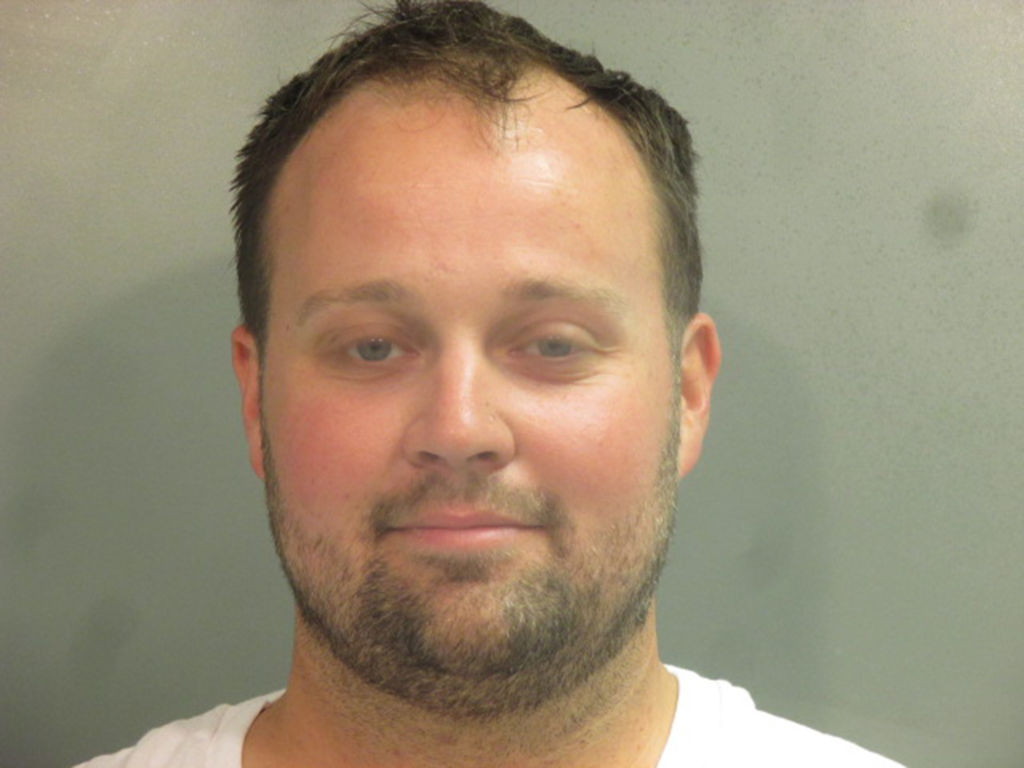 19 Kids and Counting's Josh Duggar hit with child pornography charges
19 Kids and Counting's Josh Duggar hit with child pornography chargesSpeed Read
-
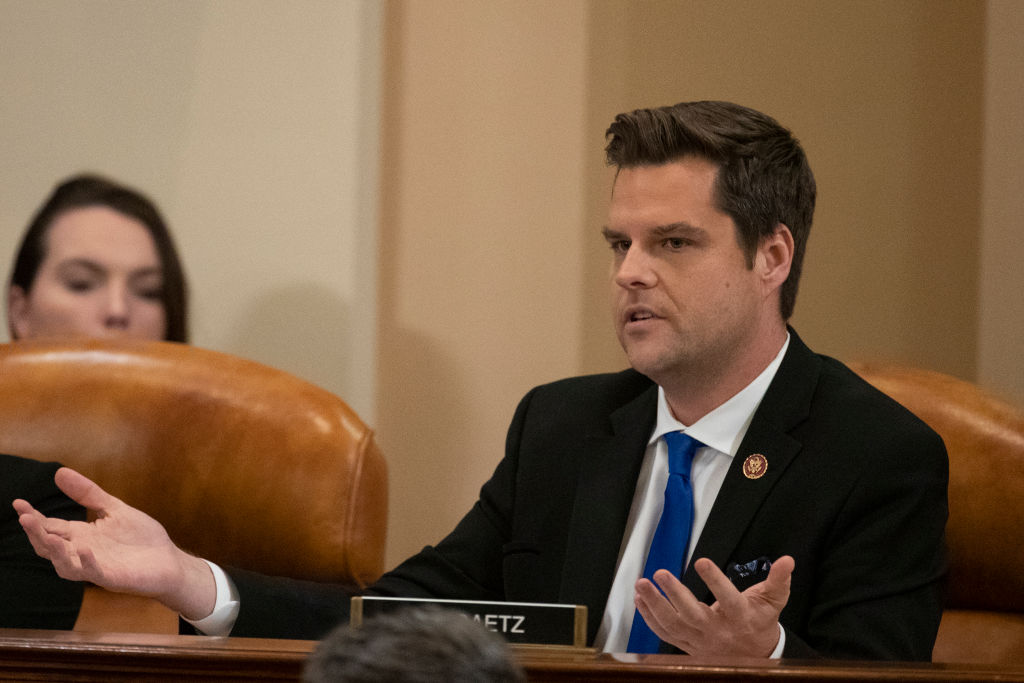 Matt Gaetz was the main opponent of Florida's nonconsensual 'revenge porn' law, GOP lawmaker says
Matt Gaetz was the main opponent of Florida's nonconsensual 'revenge porn' law, GOP lawmaker saysSpeed Read
-
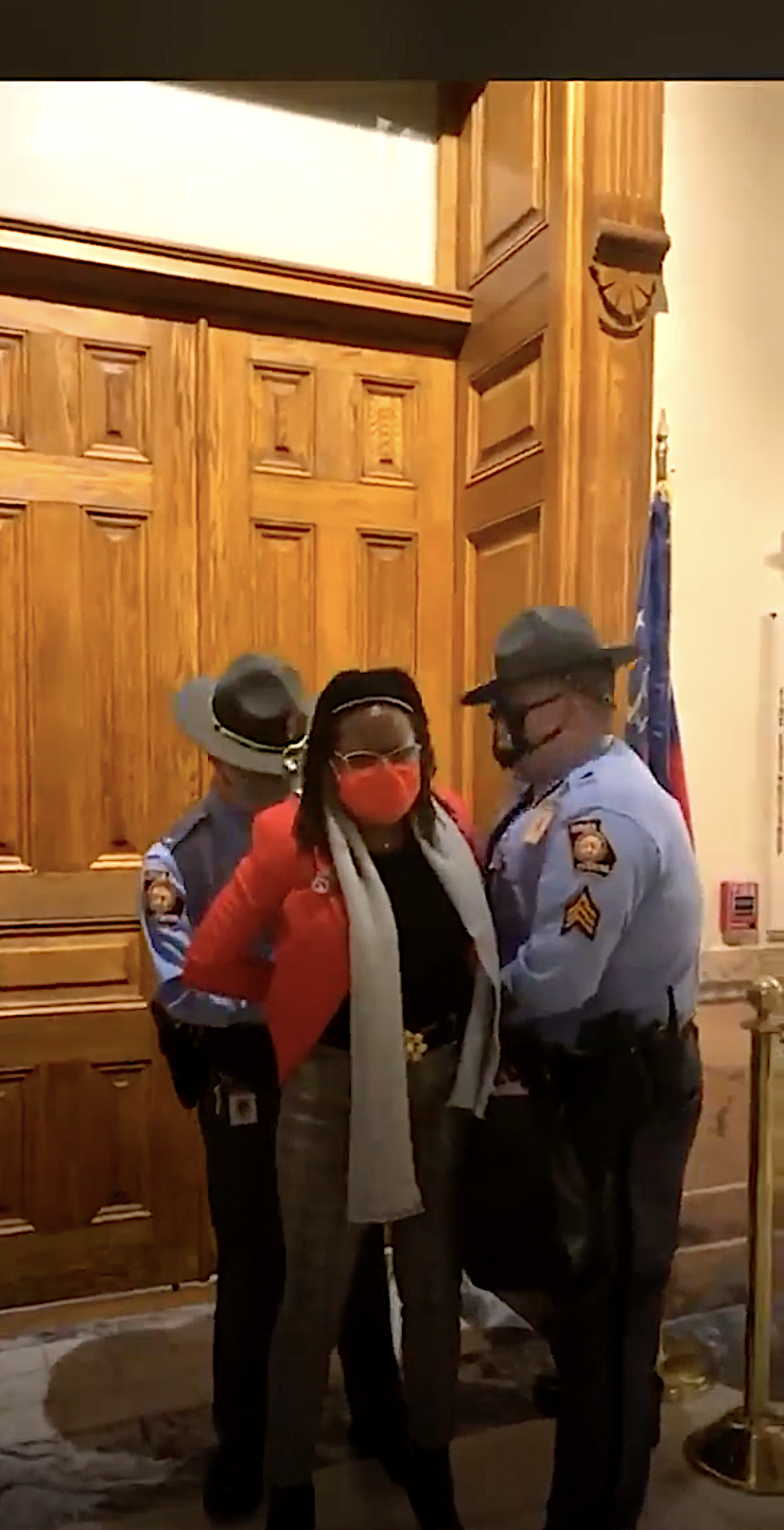 Georgia police arrest Black lawmaker for knocking as Gov. Brian Kemp signed new voting restrictions
Georgia police arrest Black lawmaker for knocking as Gov. Brian Kemp signed new voting restrictionsSpeed Read
-
 Myanmar junta reportedly kills 38 protesters, declares martial law in part of Yangon
Myanmar junta reportedly kills 38 protesters, declares martial law in part of YangonSpeed Read
-
 Raskin asks FBI for answers on how it's targeting white supremacists in law enforcement
Raskin asks FBI for answers on how it's targeting white supremacists in law enforcementSpeed Read
-
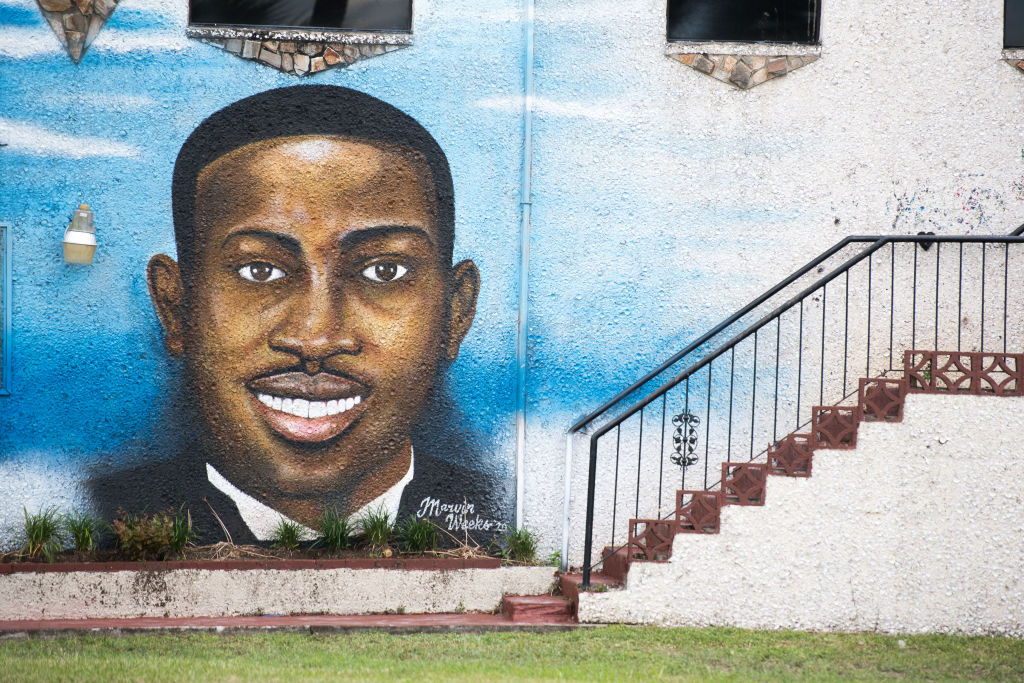 Ahmaud Arbery's mother files civil rights lawsuit 1 year after his death
Ahmaud Arbery's mother files civil rights lawsuit 1 year after his deathSpeed Read
-
 Lawyer for man charged in Capitol riot says he worked for the FBI, had top-secret security clearance
Lawyer for man charged in Capitol riot says he worked for the FBI, had top-secret security clearanceSpeed Read
-
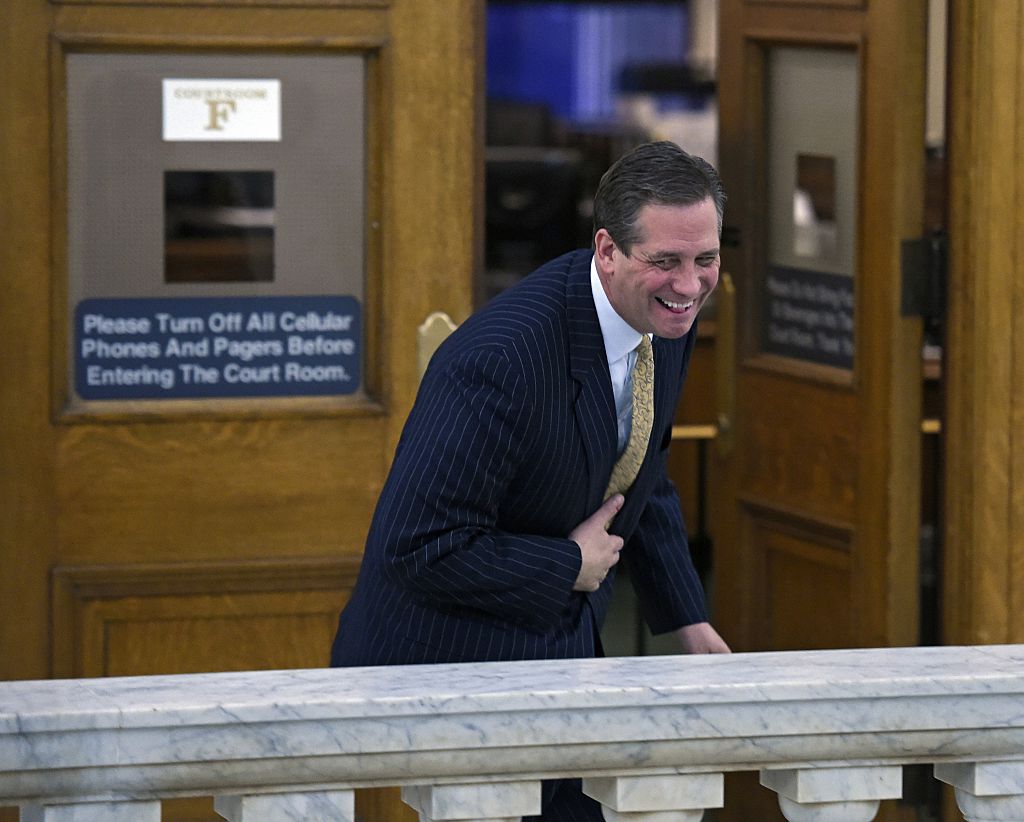 Trump's impeachment lawyer specializes in medical malpractice and 'people falsely accused in Me Too cases'
Trump's impeachment lawyer specializes in medical malpractice and 'people falsely accused in Me Too cases'Speed Read
